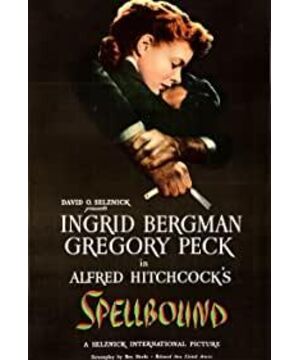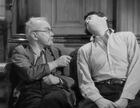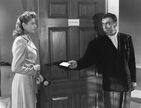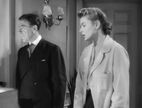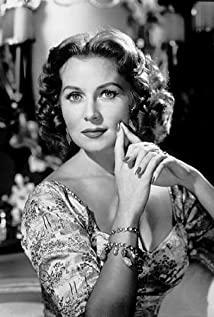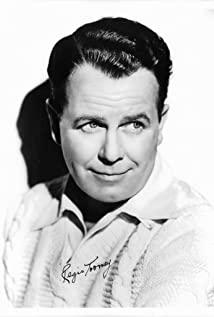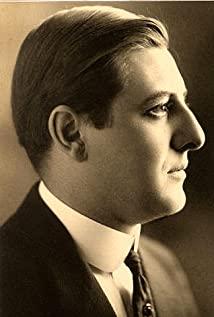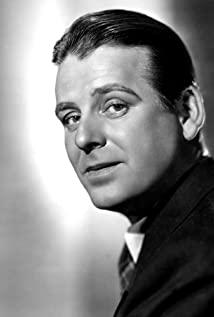Dr Peterson said: "People sometimes feel guilty about things they didn't do, going back to their childhood. Children always want bad things to happen to people they don't like, but when It really happened, and they felt that it was their own fault. This was a criminal complex, but it was actually just a child’s nightmare.” Childhood experiences will continue to have an impact on people’s psychological development and changes at the subconscious level. Analysis believes that the reason why people suffer from mental illness and behavioral deviations is directly related to their past experiences; and among all experiences of a person, his or her childhood experience is the most important for his or her future behavior and emotions. Impact.
This is a central thesis of psychoanalysis that revolves around the film, and it is also a basic knowledge of psychology. But when I look closely, the director, while explaining the basic theory of psychoanalysis, cannot help but constantly question and challenge its limitations and flaws, and at the same time arouses my thinking about the relationship between reason and sensibility.
Dr. Edward is indeed a very dangerous figure in the eyes of many people, and even Peterson's teachers believe that he is really a criminal. However, Peterson, because of his intuition and deep affection for Edward, firmly believed that his lover was innocent and innocent, and he persisted in finding all useful evidence to restore his memory and exonerate his crimes. If it weren't for Peterson's sensibility, and the sanity of the police and other doctors alone, I think Dr. Edward might have been wrongfully imprisoned long ago without knowing it. What a sad thing this is. But if Peterson was just emotional when she helped Edward, and didn't have the reason to support her to use clever methods to wake him up, then Edward's criminal knot may never be opened or even hurt the people around him.
Rationality and sensibility, in my opinion, must be mutually dependent and complementary. This is the same point I see with Freud and Jung. In the film, whether it is the setting of dreams or the playback of childhood experiences, they are all in line with Freud's theory: dreams are subconscious minds that have been disguised, and the job of the psychoanalyst is to peel off these disguise layer by layer, through powerful imagination. Reasonable explanation with logical reasoning; guilt in childhood can be deep in the subconscious, and then run out to make trouble when similar situations occur in later life; forgetting is rooted in repressing painful memories, concealing lower-level wishes, or satisfying subconscious desires. The purpose of desire, this is a very rational analysis conclusion based on the theory. Jung, on the other hand, advocated abandoning reason, emphasizing learning from the subconscious, and reconciling with the shadows. Corresponding to Peterson's starting point mentioned above, Jung also emphasized human nature and self-nature. This infuses psychoanalysis with soul, emotion, value, meaning, and spirit.
Using Freud's rationality and Jung's humanization of psychoanalytic theory, Peterson finally accomplished her mission brilliantly and achieved the bliss of love. Only by handling the relationship between rationality and emotion in a balanced way can we better walk our life path. This is the film "Dr. Edward" gave me the biggest inspiration.
View more about Spellbound reviews


